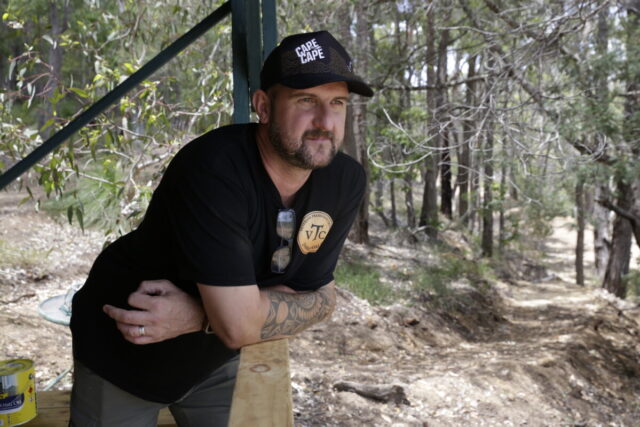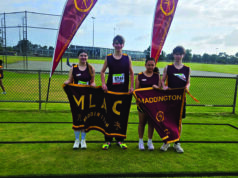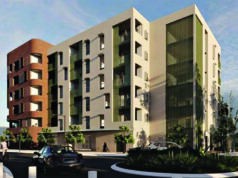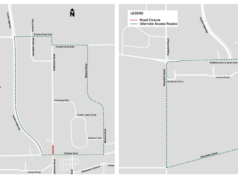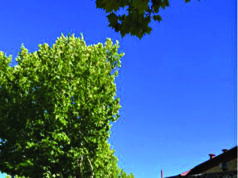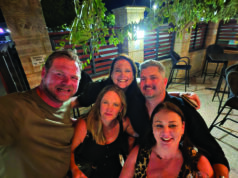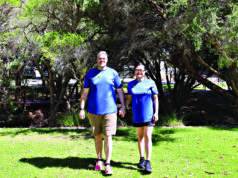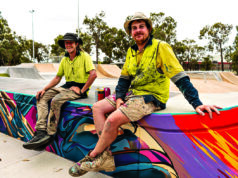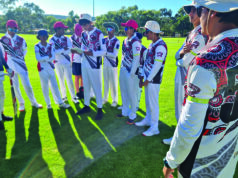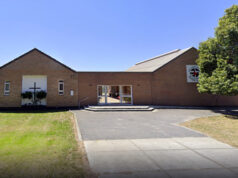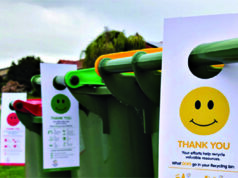Seven years ago, a group of veterans had the brilliant idea of creating a haven for people navigating the difficult shift from defence to civilian life.
Away from the triggers of a bustling city, and set on a beautiful 17-hectare bush block in Jarrahdale, was the shell of a camp originally created by Catholic nuns as a sanctuary for the downtrodden.
With ambition and elbow grease, they worked steadily at reviving the abandoned 70s-era cabins into a safe, serene, and private place to make that transition a little easier.
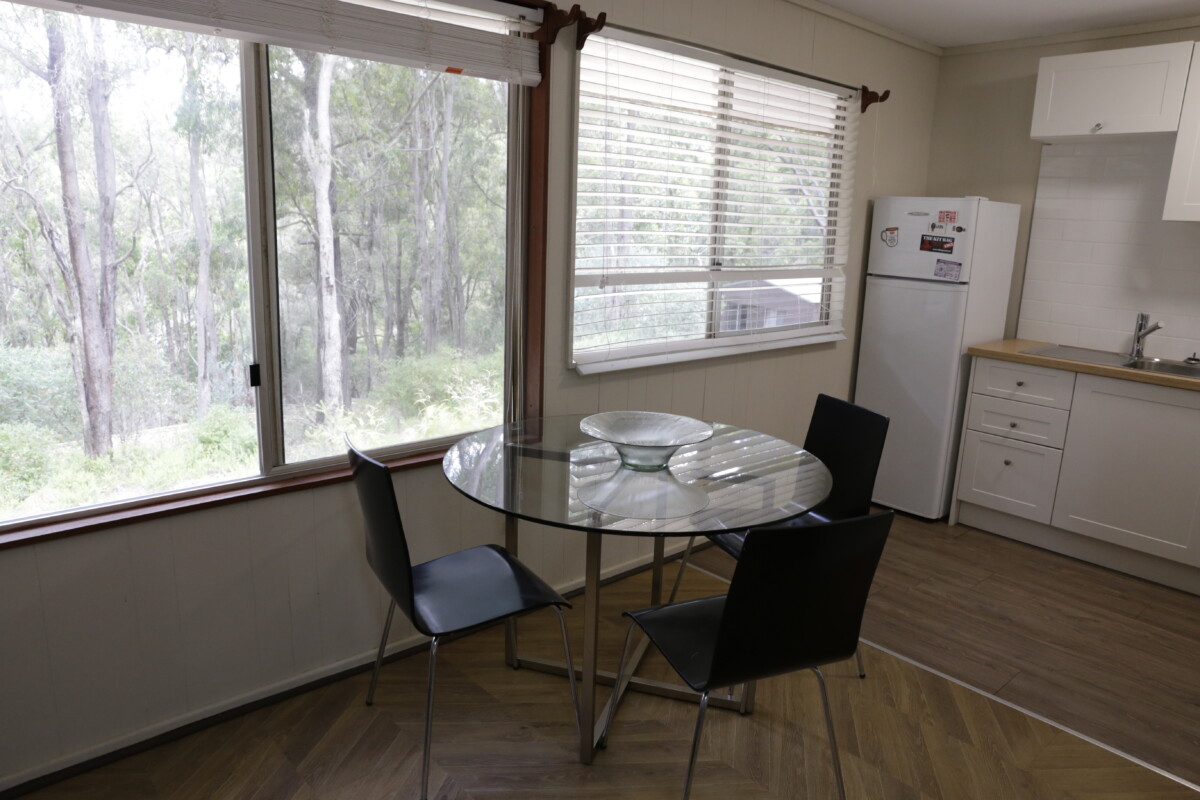
The Royal Commission into Defence and Veteran Suicide highlighted this point in an ADF member’s life as the second greatest turning point after recruitment.
James Kerin, who recently separated from the Navy, told the Royal Commission: “[T]he biggest gap was [that] my service gave me a tremendous sense of purpose and leaving that without anything to fill that void and not knowing where to look for something else to fill that void is immensely challenging and does have a profound effect on your mental health, your sense of identity. It’s quite a difficult part of transitioning that I’m still working at today.”
The Royal Commission also criticised the “over complicated”, “fragmented”, and sometimes duplicated service delivery for those undergoing this transition.
A 2022 study titled “Out of the trenches” which was published in the Australian and New Zealand Journal of Public Health uncovered that there are “only a handful of services or programs that operate specifically at the interface of homelessness and veteran sectors”.
This is shocking considering that veterans were found to comprise 5.6 percent of people sleeping rough in Australia. According to the federal government, each year 6000 veterans are at risk of homelessness.
“Whilst exposure to traumatic events via combat and subsequent PTSD is one of the factors that can contribute to homelessness after military service…vulnerability to homelessness among veterans is exacerbated by the challenges of social readjustment when returning to civilian life. These can include relationship strain, impediments to meaningful employment, mental health issues, alcohol use and disabilities arising from military service,” the study’s authors said.
The main focus of the Veterans Transition Centre (VTC) in Jarrahdale is to provide crisis accommodation for veterans and their families.
With 20 refurbished single-room cabins and seven two-bedroom duplexes, there is now space enough for up to 150 people. This is fortuitous timing considering the need for emergency accommodation has grown exponentially in line with the housing and cost-of-living crises.
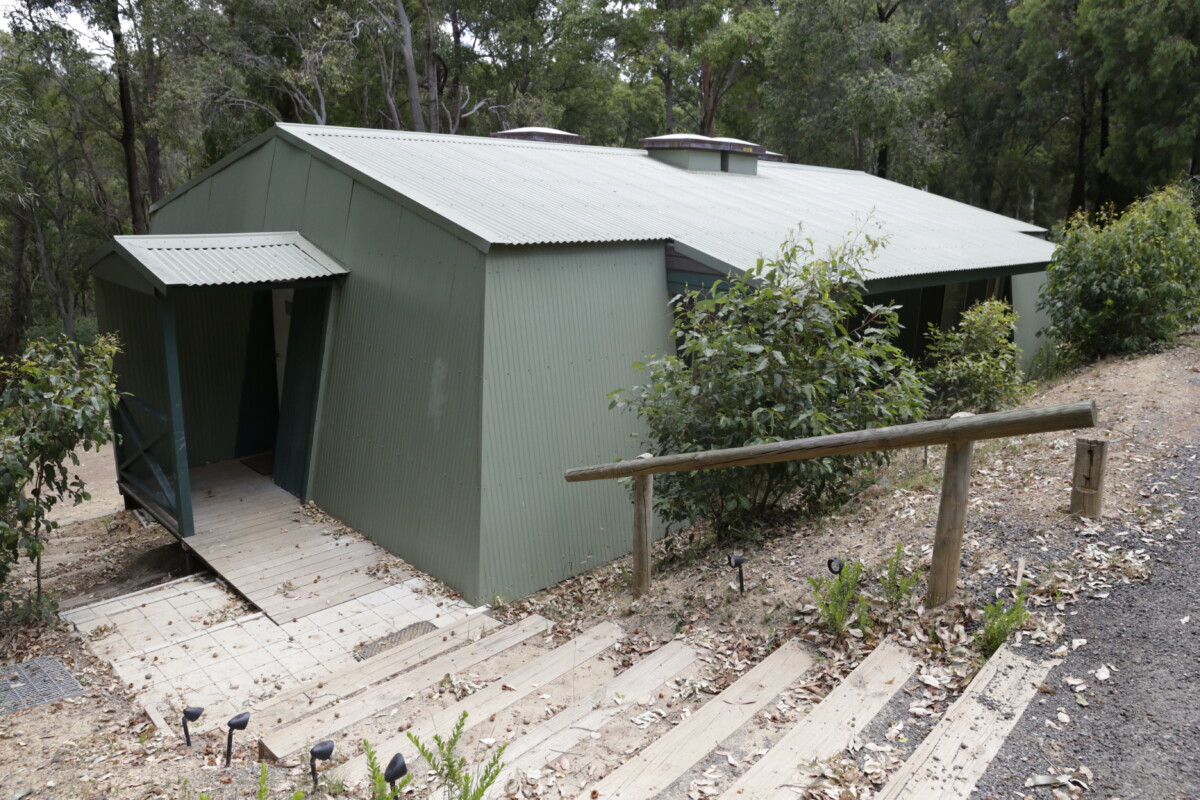
Operations Manager Alan Somers said the centre has welcomed more than 300 people just this year.
“For me, this facility came out of the blue at just the right time in my life – probably saved it,” one veteran said.
But the long-term dream for the VTC was for it to also become a place of relaxation for any veterans and their families, or groups wishing to escape for a while. By January next year, two dorm rooms complete with bunks, thanks to Austal Ships, will be ready for use by larger groups.
The VTC was the first of its kind in Australia, and until this year, the only dedicated emergency accommodation for veterans in WA.
In September a targeted accommodation program – Sir Valston Hancock House – backed by RAAFA and RSL WA was opened in South Perth.
And in 2022, RAAFA launched the WA wing of the Andrew Russell Veteran Living Program which is currently in the process of building 16 purpose-built emergency accommodation units in Cannington for veterans at risk of, or experiencing, homelessness.
But what sets the VTC apart is the way it has harnessed a grass-roots and ‘all hands-on deck’ approach to realising the dream.

It has taken years of hard graft to restore the dilapidated self-contained cabins and duplexes to their former (and now air conditioned) glory.
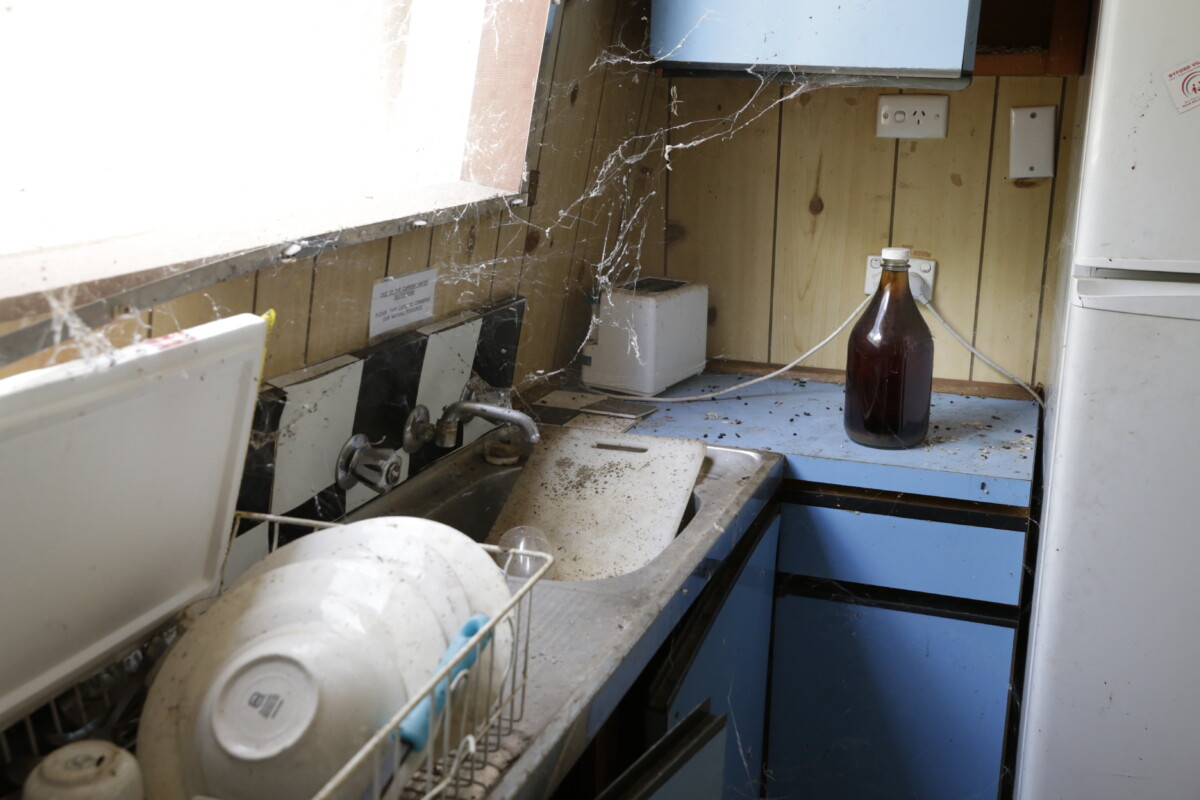
The VTC has received some funding from the Department of Veterans Affairs’ Wellbeing Grant to buy an ATV, fit out the office, repair roads, and install a first aid post and security lighting.
But with limited funds and staff, there has been a strong reliance on building relationships with veteran and first responder organisations like Karrakatta Community House, Buddy Up Australia, Disaster Relief Australia and RSL sub-branches to attract volunteers to get the big jobs done.
“This weekend we had the Western Force Academy. It was really great to see a bunch of positive young men helping out to make this space a bit better for our veteran community,” Al said.
Veterans staying at the centre all pitch in where they can.
And a partnership was even struck with the Department of Justice to enlist the help of the Section 95 prison crew from Karnet who have put in over 5000 hours helping with fit-outs and renovations to the centre’s chalets as well as major ground clearing across the site. The fire pit they’ve just created is a credit to their skills and enthusiasm.
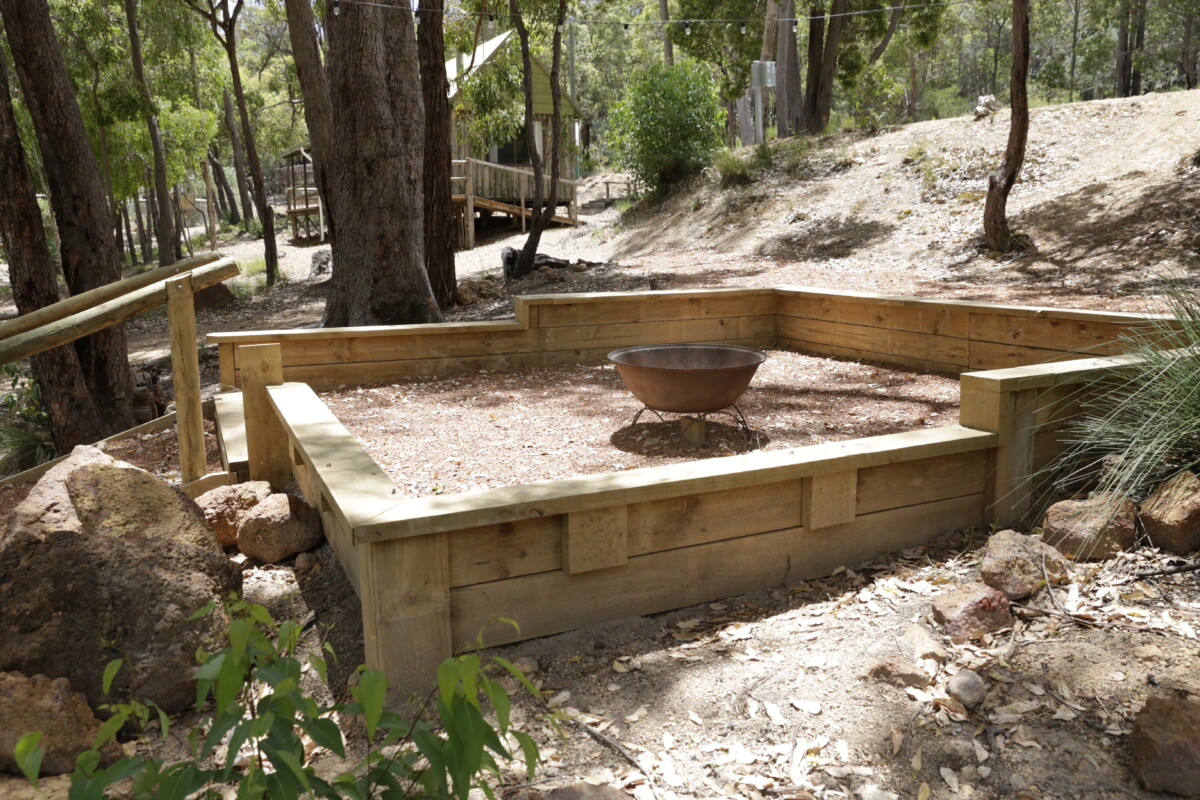
As a veteran himself, Al knows how difficult assimilating back into civilian life can be.
And this ethos of volunteerism has been a win-win for all involved, he says.
“It provides a sense of purpose, of belonging and achievement. Everyone’s working towards a common goal. Post-service you sort of lose that,” he said.
“The other week we were painting the chalets by hand and someone suggested we get a sprayer and the work would be done in a couple of hours.
“But there were five of us up here talking crap and having a great time together – it might take us a day or two, but that journey is what’s important.
“This work we’re doing here is priceless.”
When the restoration is done, and work at the VTC shifts to upkeep, Al says they will begin to look outwards for volunteering opportunities.
“It’ll be about giving back to the community then,” he said.
Read more recent stories about veterans’ issues:
- “It’s unfair and unjust and wrong” | Veterans air concerns about entitlements reform
- “We served our country, we don’t want welfare”
- War veteran’s citizenship fight


